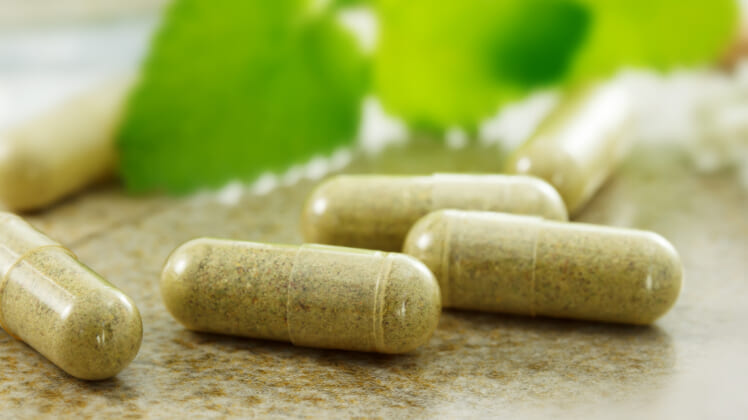
There’s a new opioid on the block now, and it’s the herbal supplement kratom. In a press release issued last Tuesday, the U.S. Food and Drug Administration (FDA) labeled this unregulated supplement an opioid.
Officials based the new label on a research analysis they use to check a drug’s potential of being abused.
“We have been especially concerned about the use of kratom to treat opioid withdrawal symptoms, as there is no reliable evidence to support the use of kratom as a treatment for opioid use disorder and significant safety issues exist,” FDA Commissioner Scott Gottlieb, M.D., said in the statement.
Indeed, many users take kratom to help them overcome addiction to other substances. Unfortunately, some use it for pleasure, too.
Marketers often tout kratom as a safe, plant-based supplement, and it does come from a plant source. But Gottlieb was quick to point out that heroin does too, and heroin is a dangerous and highly addictive drug.
“As the scientific data and adverse event reports have clearly revealed, compounds in kratom make it so it isn’t just a plant – it’s an opioid,” he said.
He goes on to caution that kratom also comes with huge risks because of the unregulated way that people are formulating and selling it.
There’s evidence that some are even mixing it with other drugs both legal and illegal, potentially making kratom even more potent. Because of its claims and online access, the drug has a viral following.
Though the FDA’s new label has met opposition, it’s consistent with their November public health advisory which warned consumers that they shouldn’t be using kratom. Officials raised concern that it may affect the same areas of the brain as morphine.
Even still, many people have defended its use as a natural remedy over the last few years.
In August, when the Drug Enforcement Administration (DEA) categorized kratom as a temporary Schedule 1 drug, supporters fought back and signed petitions. The DEA eventually reversed its decision.
In response to the FDA’s press release, the American Kratom Association countered in a statement.
“This is an unprecedented abuse of science to create a new computer program that is clearly garbage in garbage out avoiding the rules of the Controlled Substances Act and making unproven claims that have been proven to be untrue,” it said.
However, according to the FDA, people with opioid addictions have other, safer options out there for them. To underscore kratom’s lack of safety information, the organization released 36 of the 44 cases of death that they have found so far.
Gottlieb admitted that many of these cases couldn’t be fully assessed due to limited information. However, one case brought on special concern.
“This individual had no known historical or toxicologic evidence of opioid use, except for kratom. We’re continuing to investigate this report, but the information we have so far reinforces our concerns about the use of kratom.”
For now, the FDA stands by their decision that consumers shouldn’t be using kratom at all. The organization has already seized several products, but it’s unclear how officials will handle its widespread manufacturing and selling.
For opioid addiction sufferers, many will find success with current, FDA-approved medications — but some will not. The agency says it is committed to finding more ways to help these patients.
